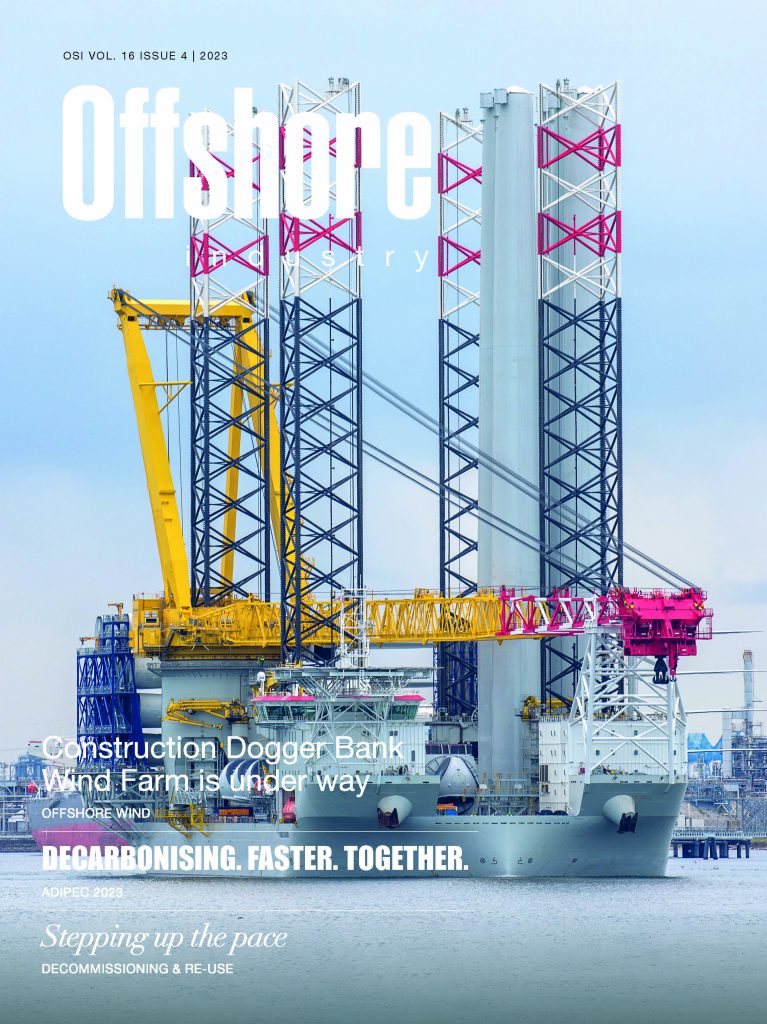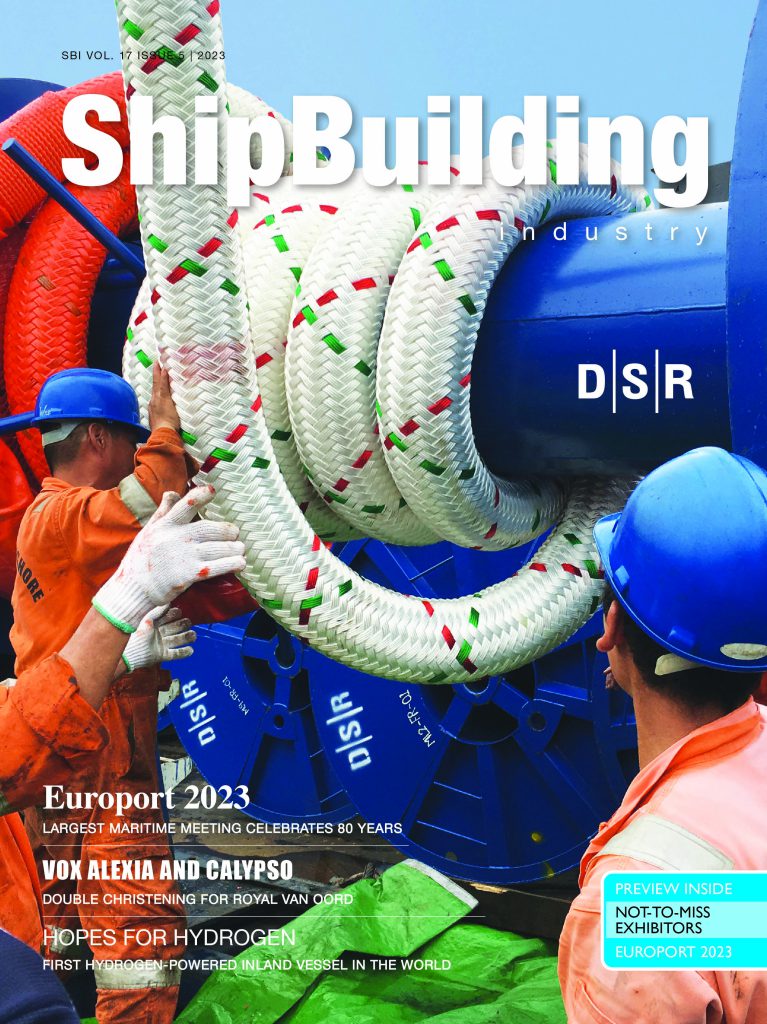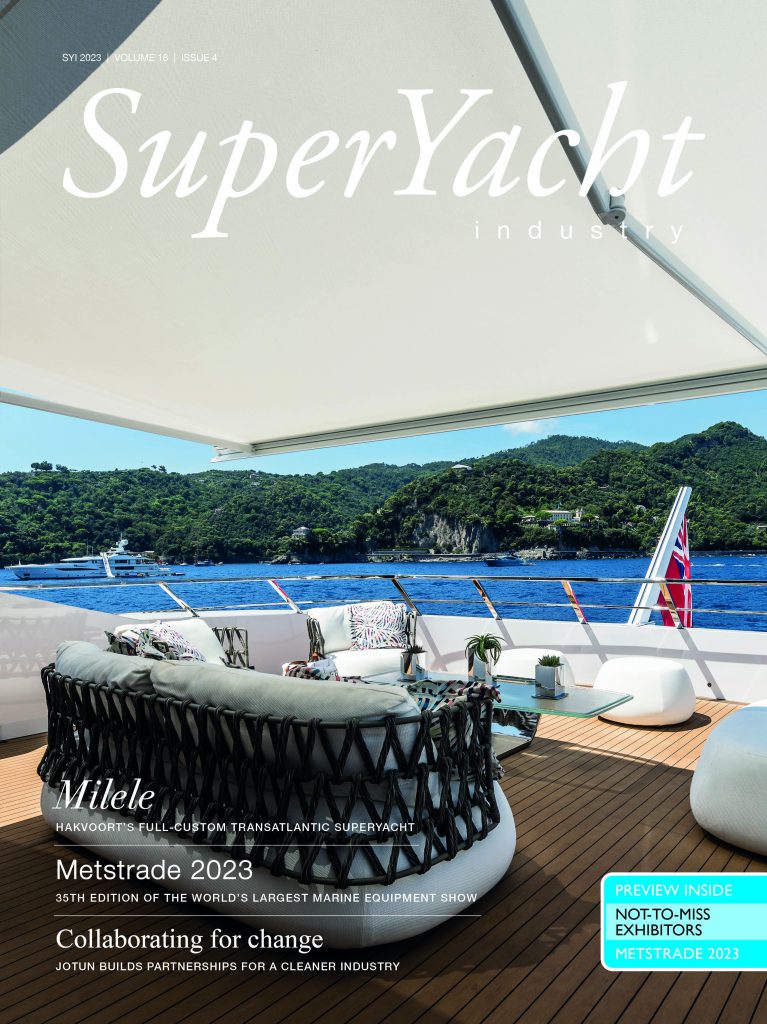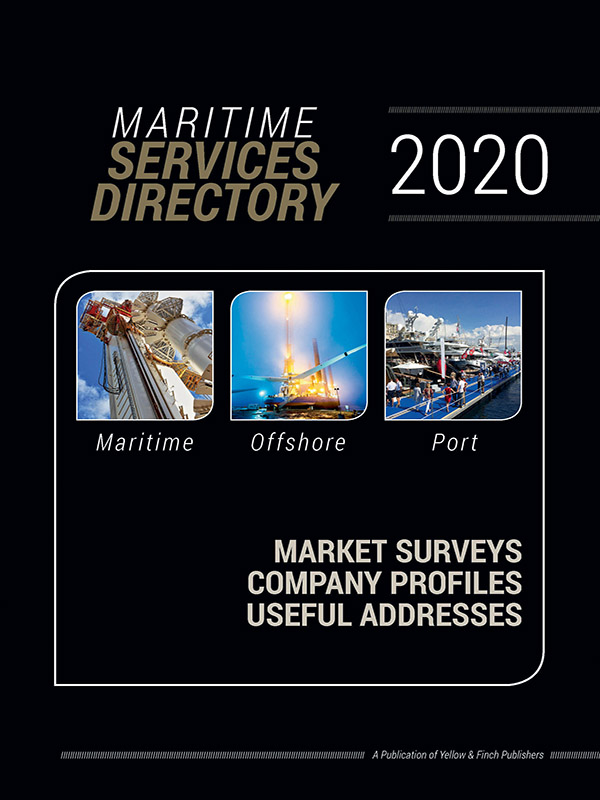Golar LNG and Delfin Midstream Sign Agreement for FLNG Project
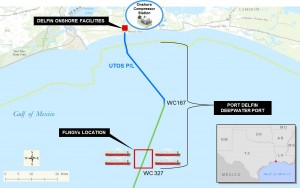 Delfin Midstream and Golar LNG have signed a Joint Development Agreement to develop the Delfin LNG project off the coast of Cameron Parish, Lousiana, US, utilising Golar’s FLNG technology. The agreement will facilitate the financing, marketing, construction, development and operation of Delfin LNG.
Delfin Midstream and Golar LNG have signed a Joint Development Agreement to develop the Delfin LNG project off the coast of Cameron Parish, Lousiana, US, utilising Golar’s FLNG technology. The agreement will facilitate the financing, marketing, construction, development and operation of Delfin LNG.
Delfin LNG is the first and only permitted floating LNG export project in the US. Delfin LNG is a brownfield Deepwater Port requiring minimal additional infrastructure investment to support up to four FLNG vessels producing up to 13t million of LNG per year. Delfin purchased the UTOS pipeline, the largest natural gas pipeline in the Gulf of Mexico, in 2014 and submitted its Deepwater Port license application in 2015. Delfin LNG received a positive record of decision from MARAD on 13 March, 2017. On 1 June Delfin received approval from the Department of Energy for long-term exports of LNG to countries that do not have a Free Trade Agreement with the US.
Golar has successfully designed, financed, contracted, and built its first FLNG vessel, the FLNG Hilli Episeyo, which is scheduled to sail away from Keppel shipyard in Q3 2017. A second vessel of the same FLNG design, the FLNG Gandria, is soon to be converted subject to a Final Investment Decision (FID) by the Fortuna project partners. Golar is currently developing the Mark II next-generation floating liquefaction solution that is based on its industry leading Hilli and Gandria designs. The Mark II solution, as used at the Delfin LNG project, will have >3.0 mmtpa of liquefaction capacity and will be the lowest cost liquefaction solution in North America.
It is expected that FID on the Delfin project will take place in 2018 with first LNG to be delivered in 2021/22. Delfin LNG is uniquely positioned in the North American LNG market as a proven low cost solution, modular, scalable, requiring limited additional investments in fixed infrastructure, and having already completed its environmental permitting and received Non-FTA export authorisations.



